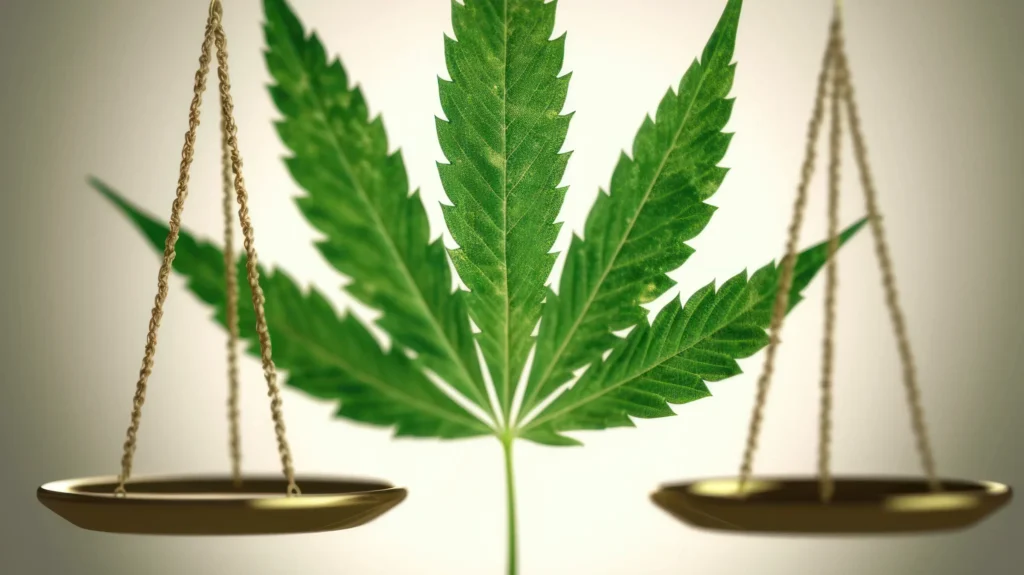Veterans Advocate for Cannabis Rescheduling
After more than 25 years in military and security operations, including 23 years in the US military, I’ve witnessed firsthand the true meaning of sacrifice. Leading the army in combat zones, advising senior military leaders, and overseeing numerous high-risk missions in places like Iraq and Afghanistan has shaped my perspective. I’ve seen many, my fellow service members, come back with invisible wounds, enduring physical pain and trauma, including post-traumatic stress. Medals and parades can’t truly heal those scars. That’s why I back the idea of transitioning cannabis from Schedule I to Schedule III under federal law.
Veterans across the nation are in urgent need of effective and accessible treatments for issues such as chronic pain, PTSD, traumatic brain injury, and anxiety. In Alabama, home to over 370,000 veterans, the current healthcare system often falls short. Common treatments, typically opioids or antidepressants, can be addictive and carry severe side effects, and they don’t always provide the necessary relief these veterans seek.
On the flip side, research points to cannabis having considerable therapeutic potential. A 2022 data analysis indicates that, over more than a decade, cannabis-based treatments have improved PTSD symptoms. Yet, due to its Schedule I classification, it’s viewed as having “unaccepted medical uses” under federal law. This status restricts comprehensive research and limits the ability of VA physicians to recommend it, leaving veterans with few options. If cannabis remains unscheduled, researchers will continue to face significant challenges, including needing special permits and obtaining cannabis from specific sources.
Moving cannabis to Schedule III would be transformative. It would pave the way for federally sanctioned medical research and provide a solid basis for cannabis as a treatment option in the VA system.
This shift doesn’t involve promoting recreational use. It’s primarily about enhancing medical access for those who’ve donned the uniform and risked their lives, enabling them to live with dignity and peace. This discussion should focus on science, safety, and solutions rather than stigma.
Interestingly, President Donald Trump has publicly voiced his support for cannabis rescheduling. We need to pay attention when leadership from both parties aligns on issues, especially given the current political climate. In 2023, the Department of Health and Human Services recommended that the DEA consider rescheduling marijuana. With increasing support from various leaders, it’s crucial for the DEA to act swiftly on this recommendation.
As the CEO of a security and detection services company in Opelika, I’m familiar with regulatory and compliance concerns. However, I also see the potential to establish a responsible, medically oriented cannabis framework that upholds public safety while honoring those who’ve served.
Rescheduling cannabis isn’t an extreme move. It’s a logical step forward that can significantly improve the lives of countless veterans in our state. We ask our service members to defend our freedoms, and we ought to provide them the necessary tools for healing.
















